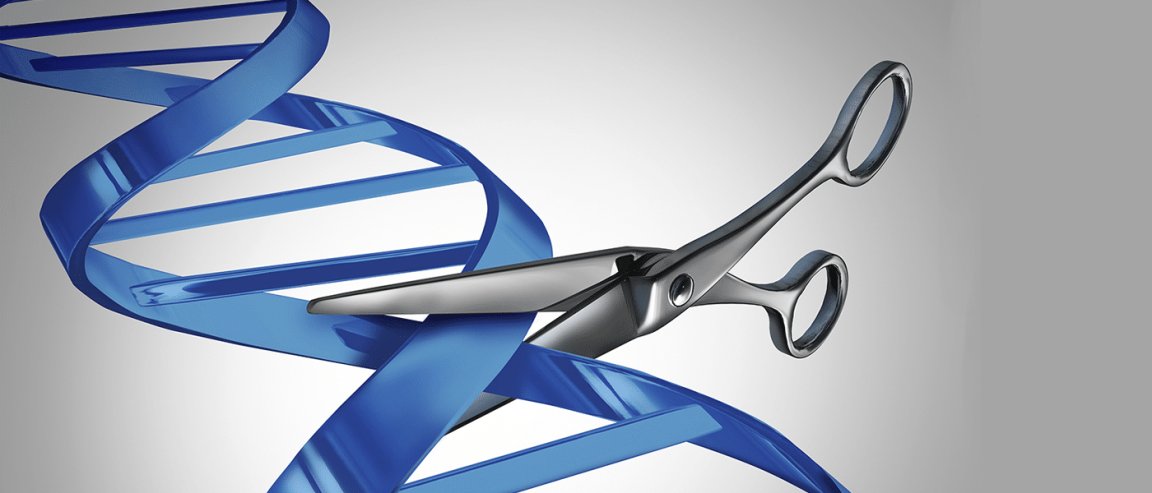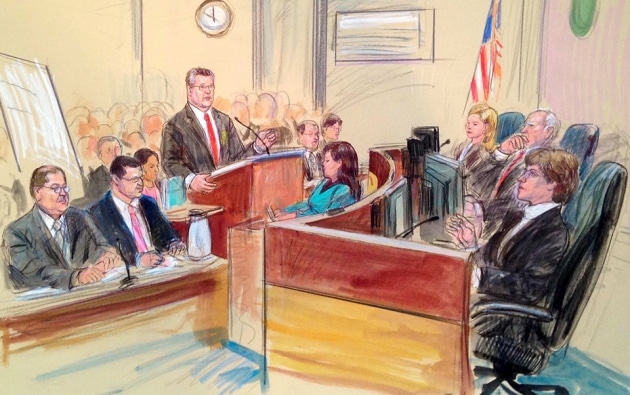
Berkeley and the Broad
In 2014, the US Patent and Trademark Office (USPTO) awarded the patent to gene-editing tool CRISPR-Cas9 to biologist Feng Zhang from the Broad Institute of MIT and Harvard in Cambridge, Massachusetts. For a less groundbreaking technology, that might have been the end of it, but for CRISPR-Cas9, the situation is still ongoing.
In May 2012, molecular biologist Jennifer Doudna from the University of California, Berkeley, was actually the first to file a CRISPR patent with the USPTO after she and her research team demonstrated the use of CRISPR to edit particular stretches of bacterial DNA. Zhang filed his patent claim in December 2012 for using CRISPR in more sophisticated eukaryotic cells (like those from mice and humans) and was granted an expedited review of his patent application.
When the USPTO granted the patent to Zhang in 2014, Berkeley filed for patent interference, launching a case review. This review began in January of this year, and it reached a critical moment on December 6 when lawyers from both Berkeley and the Broad Institute appeared in front of three USPTO judges for the first and only time to state their respective cases. The only thing left to do now is wait for the USPTO to release a decision, which is expected to arrive in the next two months.

The Future of CRISPR
In the meantime, let’s consider what this patent war means. First of all, as the Broad Institute claims, the CRISPR system itself cannot be patented and neither can the Cas9 protein as both are naturally occurring. What can be patented are the engineered components and compositions that make the gene-editing tool applicable to living mammalian cells.
The innovative CRISPR system has already revolutionized the field of synthetic biology and is now actually being used on humans. Does it really matter who wins the patent clash? Of course, the scientists stand to gain, as well as their universities, as NPR says. After all, there’s a potential Noble Prize waiting here.
Researchers who use CRISPR will need to acquire a license from whichever side is awarded the patent, which could present problems, according to Robert Cook Deegan from Arizona State University’s School for the Future of Innovation in Society. “[The] concern is how many licenses you’re going to have to pick up, and if there’s going to be one dominant patent that everybody has to license from a particular firm,” he tells NPR.
Some companies have already acquired licenses from one side or the other, so if the opposite side wins this patent battle, those licenses could be rendered worthless, and a refund is unlikely, so the financial implications of this decision could reach further than the two parties involved.